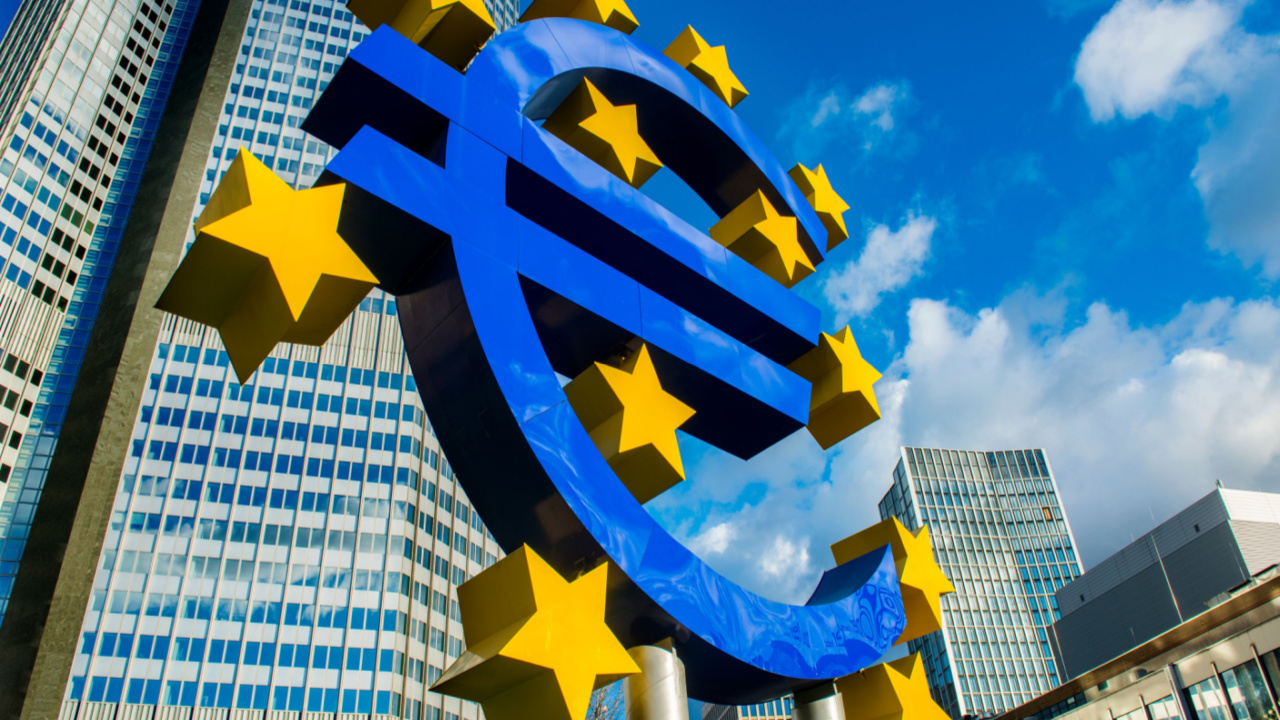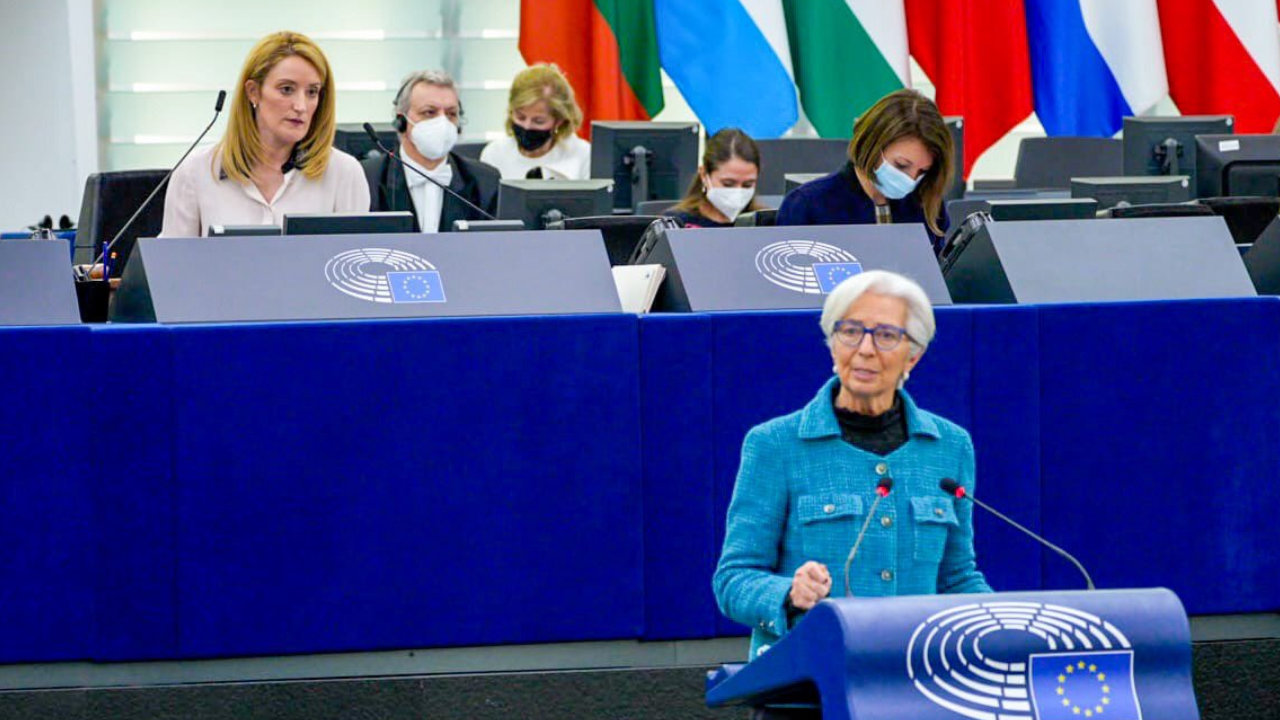
In Bitcoin Era, Euro Still Grappling with Counterfeiters
The European Union has released a new €50 note with advanced security features as a measure to fight counterfeiting. Unlike its multiple fiat counterparts, counterfeiting is not a problem with Bitcoin. Europe's New €50 Note. The €50 note is the most widely used in circulation, accounting for 45% of all euros in circulation. As such, it is a prime target for counterfeiters. The European Central Bank has therefore implemented multiple new security features in the notes, which counterfeiters will find hard to replicate. These include a hologram of Europa (a figure from Greek mythology), a new....
Related News
Over 130,000 signatures have been received for an online petition asking the Bank of England to change the material used to make its new £5 notes. New notes. The new £5 notes were unveiled with great fanfare at the Blenheim Palace in June 2016 and were displayed to the public at various events across the UK over the following months. The new note even has its own website and was launched into public circulation in September 2016, with an expectation to gradually the old £5 notes. The old £5 notes will cease to be legal tender and will not be accepted for transactions from May 2017 onwards.....
All of this financial turmoil will eventually drive people to alternative financial solutions. Every since the Brexit voting took place, expert shave been wondering what will happen to the Euro. A separation between the UK and EU is good for neither national currency by any means. But whereas the Pound Sterling dropped in value, the Euro has been rather bullish. That is not enough to convince one expert, though, as he feels the Euro will disappear in five years. It is not the first time financial experts question the validity of the Euro. Ever since its creation, there has been a large....
A group of economists evaluating the potential effects of a digital euro have insisted that restricting access to the upcoming currency is necessary to preserve the current financial system. Their study follows an earlier proposal to limit digital euro deposits at the European Central Bank (ECB) to €3,000 per person. Limited Availability of Digital Euro Expected to Prevent It From Becoming Too Popular Europeans’ access to a digital euro should be restricted to prevent a flight of capital from deposits at commercial banks, according to a report published by the European....
The president of the European Central Bank (ECB), Christine Lagarde, says that a digital euro will not replace cash but would complement it. “A digital euro would give you an additional choice about how to pay and make it easier to do so, contributing to accessibility and inclusion,” the ECB explained.
Digital Euro to Complement Cash
ECB President Christine Lagarde talked about the digital euro at the plenary session of the European Parliament Monday on the 20th anniversary of the introduction of euro banknotes and coins.
“Last year, we....
While the stablecoin economy is worth roughly $153 billion today, euro-backed stablecoin issuance has increased 1,683% from $31.9 million worth of euro-based tokens on January 3, 2020, to today’s $569 million. Since November 2021, the number of euro stablecoins swelled by 85.34%, but from January 2022 to today, euro stablecoin numbers dropped 14.17% during the last seven months. Euro-Pegged Stablecoins Cross Half a Billion in Value Since the Start of the Year Today, most of the stablecoin economy’s value is based on tokens backed by the U.S. dollar, but a small number of....





